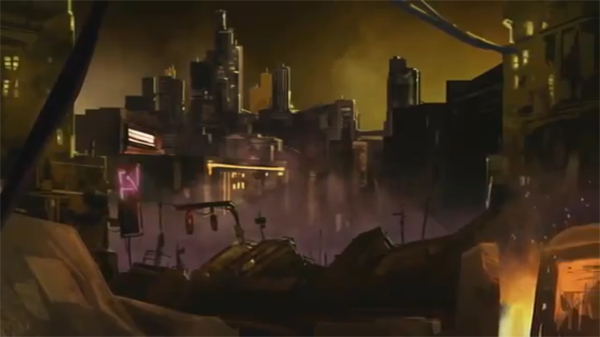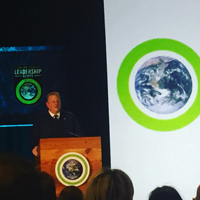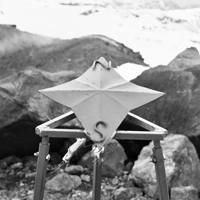
Linkin Park bassist Dave Farrell and drummer Rob Bourdon were among panelists at the recent Social Good Summit talking about how music and video gaming can introduce new players to issues of sustainability and activism. Such games are among a new breed of topics trending in the gaming industry recently and are attracting different types of people to experience gaming for a cause.
The rockstar’s game, called ReCharge, which they created with Kuuluu Interactive Entertainment, is a free-to-play social game that raises awareness of sustainability. According to ESA, Recharge simulates a world in which humans have depleted all natural resources, and players must team up to battle machines for control of the limited energy supply that remains and “recharge” the globe with renewable energy.

Recharge is the latest in Linkin Park’s charity called Music for Relief, launched in 2005, to provide help to people affected by natural disasters and to support clean energy projects.
According to Farrell and Bourdon, “We’re big believers in powers in numbers,” Farrell said. “What better way than gaming? We grew up playing video games, and those games had all different types of messages.”
The overall plan is to get their 56 million Facebook fans engaged in the debate of climate change through Recharge.
Check it out.

Darfur is Dying
Other socially active games came to the forefront at last month’s Digital Witness Symposium at Syracuse University. The discussion centered around new digital video games and how interactive media can engage new audiences in activism.
Susana Ruiz, a doctoral candidate at the University of Southern California School of Cinematic Arts, and Angel David Nieves, an associate professor at Hamilton College, presented their human rights games to the audience.
Ruiz showcased Darfur is Dying, the first title created by Take Action Games, a design studio she co-founded that partners with nonprofit organizations specializing in game design, activism, and non-fiction social justice storytelling. The award-winning game simulates the hardships that more than 2.5 million refugees face in the Darfur region of Sudan, and challenges players to keep a refugee camp safe from the threat of an attack by Janjaweed militias. Players increase their camps’ security and health by taking real-life action during game play, such as by sending an automated note to President Obama to support the people of Darfur, or by petitioning Congress to pass legislation that aids Darfur’s refugees.
Nieves, who also co-directs Hamilton’s Digital Humanities Initiative, highlighted his work to develop a series of digital projects surrounding apartheid in South Africa. In Soweto ’76, for example, players assume the role of a variety of characters involved in the 1976 anti-apartheid student uprisings and experience accurate representations of historical events. The game’s online community also allows players to interact with local Soweto residents, national and international scholars, and former students who actually experienced the events.
These games demonstrate the potential for digital games and interactive media to captivate audiences in real-life stories and inspire players to become advocates for global human rights.
For more information about youth culture and sustainability, email info@labelnetworks.com; (323) 630-4000 regarding our Sustainability and the State of the Future Youth Culture Study.


